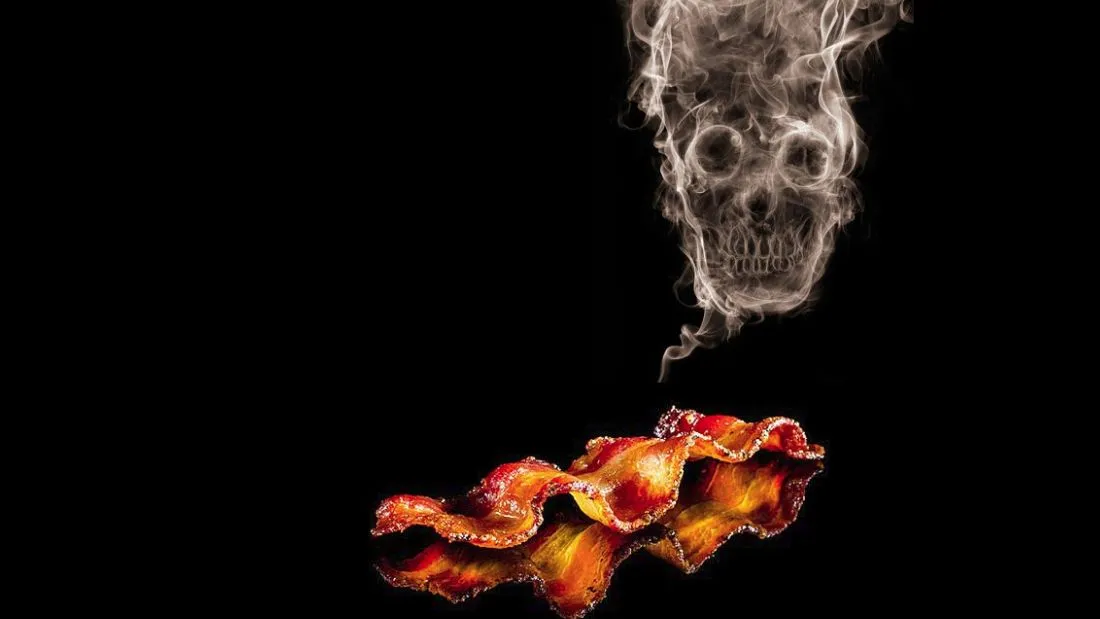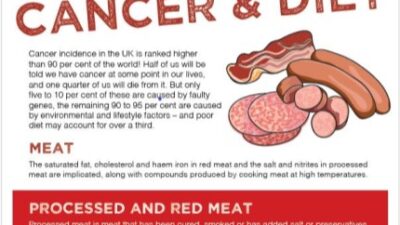Scientists call for cancer warnings on bacon and ham

Ten years after WHO declared processed meat as carcinogenic, we are still waiting for government action.
This month, scientists wrote to the UK government urging them to introduce cigarette-style cancer warnings on bacon and ham, condemning a decade of government inaction since the World Health Organisation (WHO) confirmed in 2015 that processed meats cause cancer.
In their letter to Health Secretary Wes Streeting, scientists said: “A decade on, we – a coalition of independent scientists, cancer specialists and public health experts – register our profound disappointment that decisive protective measures have not been taken in the UK.”
“There has been no meaningful phase-out of nitrite use, no mandatory front-of-pack cancer warning to inform consumers, and little support for producers to transition to safer alternatives” they said.
Processed meats, such as bacon, sausages, ham and hot dogs, were classified as Group 1 carcinogens, the same category as tobacco and asbestos. The cancer risk is largely due to several carcinogenic compounds that are either formed during processing or cooking, including:
- heterocyclic aromatic amines (HAAs) and polycyclic aromatic hydrocarbons (PAHs) are generated when meat is cooked at high temperatures such as frying or grilling
- heme iron in meat can promote the formation of carcinogenic compounds
- N-nitroso compounds (NOCs) are formed from nitrites and nitrates used as preservatives.
Nitrites are used to cure and preserve meats and give them their pink colour and around 90 to 95 per cent of bacon and ham sold in Britain contain nitrites.
In the letter, organised by the Coalition Against Nitrites, four of the scientists behind the original WHO warning called for mandatory warning labels and a phased ban on nitrites. They estimate that failure to act has led to 54,000 preventable bowel cancer cases in the UK, costing the NHS around £3 billion.
Factory farming, driven by demand for meat, causes significant animal suffering, pollution, habitat destruction and wildlife losses. Reducing consumption of processed meat would benefit human health, animals and the environment.







